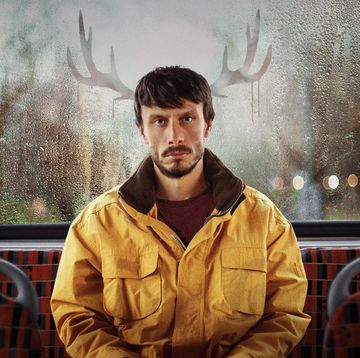Many of us are probably culpable of wasting precious minutes (or hours) quarrying the minefield of memes on the internet or sifting through the digital sea of selfies on Instagram.
Given the important place that selfies now occupy in our day-to-day lives, it's no surprise that academics far and wide continue to probe and scrutinise the semiotics of selfies.
Now there's yet more research to add to the mountainous pile of evidence slamming social media and selfies.
Although social media stalking can seem like a harmless part of your everyday rhythm, a recent study conducted on 275 people at Pennsylvania State University has revealed that people who spend a significant amount of time looking at other people's selfies were more likely to suffer from low self-esteem and decreased life satisfaction.
The new research, which was published online in the Journal of Telematics and Information, focuses on the phenomenon of social media 'lurking', i.e when someone doesn't actively participate on social media by liking or commenting on posts, but simply observes silently from the sidelines.
The authors of the online survey, Ruoxu Wang and Fan Yang, both graduate students in mass communications at Penn State, discovered that the problem lay exclusively with respondents who regularly viewed other people's selfies but didn't post or comment.
This feeling was amplified amongst those participants categorised as having a strong desire to appear popular.
The report concludes that selfie viewing is an example of 'upward social comparison', and encourages people to compare themselves to others they think are 'better' than themselves.
'People usually post selfies when they're happy or having fun,' Wang said. 'This makes it easy for someone else to look at these pictures and think his or her life is not as great as theirs."'
Wang and Yang want the results of their work to help raise awareness about social media use and the effect it has on viewers of people's social networks.
'We don't often think about how what we post affects the people around us,' Yang said. 'I think this study can help people understand the potential consequences of their posting behavior. This can help counsellors work with students feeling lonely, unpopular, or unsatisfied with their lives.'
Perhaps it's time to dial down our Instagram stalking and take more pics of sunsets and our pets, because who could feel low after this:















